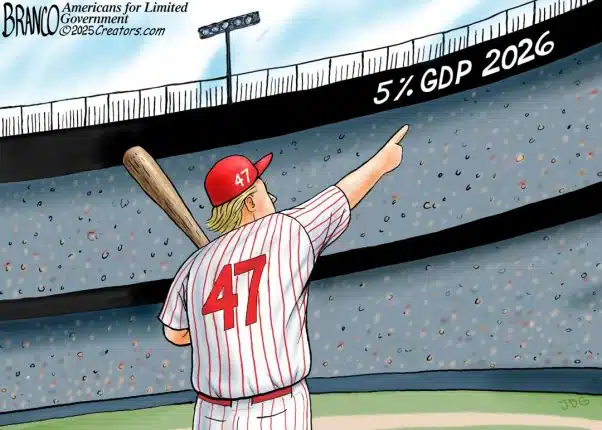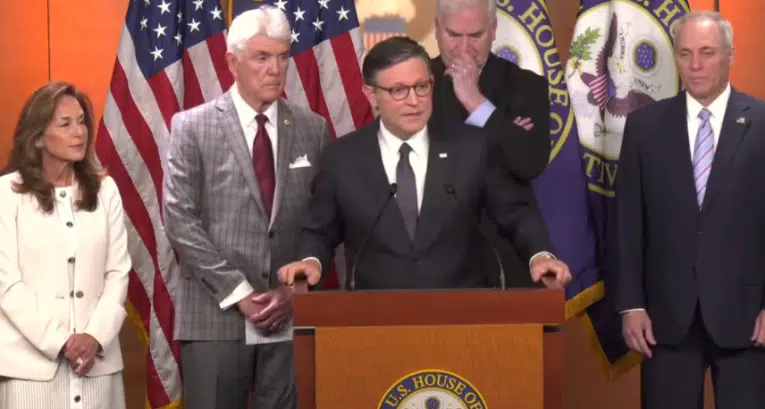 By Kevin Mooney — Although trial lawyers frequently have the upper hand in litigation built around environmental charges, they are taking a beating at the hands of Chevron Corp., which has been on a roll in U.S. federal courts. Through its U.S. discovery efforts, the company has acquired documents that belong to the lawyers for plaintiffs in Lago Agrio, Ecuador that includes evidence of potentially unlawful collusion.
By Kevin Mooney — Although trial lawyers frequently have the upper hand in litigation built around environmental charges, they are taking a beating at the hands of Chevron Corp., which has been on a roll in U.S. federal courts. Through its U.S. discovery efforts, the company has acquired documents that belong to the lawyers for plaintiffs in Lago Agrio, Ecuador that includes evidence of potentially unlawful collusion.
Consequently, Chevron has filed an amended RICO (Racketeer Influenced and Corrupt Organizations Act) complaint that reinforces the case against attorneys and consultants who have orchestrated the anti-corporate campaign.
Chevron is defending itself against allegations that it is responsible for alleged environmental damage in the Amazon region of Ecuador. The litigation began in New York back in 1993, but the case was moved to Ecuador a decade later. Although Chevron has never operated in Ecuador, it purchased Texaco Petroleum in 2001, which was the subject of the initial suit. Plaintiffs accused Texaco of dumping oil-drilling waste in unlined pits they claim later contaminated the forest and caused illness to the local population. In response, Chevron pointed out that Texaco remediated environmental impacts that resulted from its operations. Moreover, this remediation was certified by government agencies in Ecuador.
“All legitimate scientific evidence submitted during the litigation in Ecuador proves that TexPet’s remediation was effective and that the sites it remediated pose no unreasonable risks for human health or the environment,” Chevron officials have pointed out. Moreover, Ecuador’s state-owned company, Petroecuador, was actually the majority owner of the consortium that included Texaco and bears responsibility, with the government of Ecuador, for any environmental damage that has occurred in the region, Chevron has argued.
Nevertheless, in February, an Ecuadorian court in Lago Agrio issued an $18 billion judgment against Chevron. Since then the company has fought back vigorously. It claims the ruling is illegitimate and unenforceable because of documented evidence of fraud on the part of the plaintiffs, the Ecuadorian government and that country’s judiciary. Judge Lewis Kaplan of the Southern District of New York concurred after hearing the evidence and issued a preliminary injunction that barred any attempt to enforce Ecuadorian judgment outside of that country.
In late March, in a related matter, an international arbitration panel at The Hague ruled in favor of Chevron in a separate, $700 million Ecuadorean claim involving previous Texaco work. The Permanent Court of Arbitration ruled that the Ecuador’s courts violated international law.
The amended RICO from Chevron strongly suggests that the plaintiffs’ lawyers and consultants provided “clandestine assistance” to the Ecuadorian court in drafting the judgment against Chevron.
“There is no apparent explanation as to how the judgment would have incorporated these errors and irregularities without cooperation between the Ecuadorian court and the plaintiffs’ representatives,” stated R. Hewitt Pate, Chevron vice president and general counsel. “This is another instance of the fraud and corruption that have permeated the Ecuadorian judicial proceedings.”
Examples of the overlap between the judgment and the plaintiffs’ private files include:
- The judgment repeatedly uses an irregular naming scheme for sampling data that is unique to a convention used in the Lago Agrio plaintiffs’ lawyers’ non-public files.
- The internal files erroneously replace “micrograms” with “milligrams” for certain sample reports, and the judgment makes the same error for the same samples.
- The Lago Agrio plaintiffs’ lawyers’ private files present data in a manner that can make it appear that certain test results showed the presence of mercury, even though the actual laboratory reports indicate that no mercury was detected. The judgment incorrectly reports the presence of mercury in these same samples.
- The judgment repeats errors found in other internal documents prepared by the Lago Agrio plaintiffs’ lawyers and their co-conspirators, including citations to the wrong page in the Ecuadorian court record, and other grammatical and substantive errors.
The previous RICO compliant filed back in February accused Lago Agrio plaintiffs lawyers of ghostwriting a key report that was held up as the work of Richard Cabrera, who was supposedly an independent court appointed expert. The scheme was exposed when Chevron obtained portion of the Cabrera report from the plaintiffs’ U.S. consulting firm.
Many readers are probably thinking that they read about this scandal last year. But that was actually a different scandal. That was the one in which the Lago Agrio plaintiffs lawyers allegedly ghostwrote a key evidentiary report that was then passed off as the work of Richard Cabrera, a purportedly independent court-appointed expert, to Ecuadorian and U.S. courts, government officials, and media. That alleged scheme stretched from early 2007 until mid-2010, when Chevron finally went to federal court in Denver and pried English-language drafts of key portions of the so-called Cabrera report out of the files of the plaintiffs’ U.S. consulting firm.
Chevron’s initial RICO claim addresses “pervasive misconduct” relating to the defendants’ ongoing efforts to “extort money” at the direction of American trial lawyers and their environmental allies. The complaint names: New York City-based plaintiffs’ lawyer Steven Donziger; his Ecuadorian colleagues Pablo Fajardo and Luis Yanza; their front organizations, the Amazon Defense Front and Selva Viva; and Stratus Consulting, a Boulder, Colo.-based consulting firm retained by the plaintiffs’ lawyers to secretly prepare a damages report that was then presented as having been written by an allegedly independent, court-appointed expert.
The recent court rulings in the U.S. have added considerable momentum to Chevron’s case.
“Chevron welcomes the recent rulings of the Southern District of New York and the International BIT tribunal panel, “Justin Higgs, a media advisor with Chevron said. “The Lago Agrio plaintiffs’ lawyers should not be allowed to benefit from an Ecuadorian judicial system that does not provide due process and from a judgment that they have procured through fraud and corruption.”
Below is a rundown of the court action that has occurred since the beginning of the year. Plaintiffs are now working to remove Judge Kaplan from any further involvement in the legal proceedings. Additional background on the case can be found here.
February 14 – Judgment in Lago Agrio rendered, assessing more than $18 billion in damages and penalties against Chevron. Company proclaims the verdict to be “illegitimate and unenforceable.”
March 7 – Judge Kaplan of the Southern District of New York enters a preliminary injunction barring attempts to enforce the Ecuadorian judgment outside of Ecuador.
March 11 – Chevron appeals Lago Agrio judgment, detailing the pattern of fraud by the plaintiffs’ lawyers, supporters and others, as well as the numerous legal and factual defects in the judgment.
March 17 – Second Circuit denies the government of Ecuador and Lago Agrio plaintiffs’ appeals of the Southern District of New York ruling on the permissibility of Chevron’s BIT claim.
April 15 – Judge Kaplan grants Chevron’s motion to bifurcate its claims under RICO, setting a November 14 trial date on Chevron’s claim seeking a declaration that the Ecuadorian judgment should not be recognized or enforced.
April 18 – Judge Kaplan rejects a request to stay the preliminary injunction, finding that “It is difficult to see any substantial reason to allow the defendants and others bound by the preliminary injunction to prepare to enforce a judgment that the Court already has held they probably never will be permitted to enforce outside Ecuador.”
April 19 – Judge Henry H. Kennedy, Jr. of the District Court in the District of Columbia dismisses a complaint previously filed against Chevron by the law firm Patton Boggs LLP, one of the Lago Agrio plaintiffs’ law firms named as a non-party co-conspirator in the RICO action. In denying Patton Boggs leave to assert a tortious interference claim against Chevron and its counsel at Gibson Dunn & Crutcher LLP, Judge Kennedy wrote, “Patton Boggs misunderstands the law.”
April 21 – Chevron files amended RICO complaint introducing new evidence of fraud in the text of the Lago Agrio judgment.
April 22 – Lago Agrio plaintiffs appeal the preliminary injunction and move to recuse Judge Kaplan.





